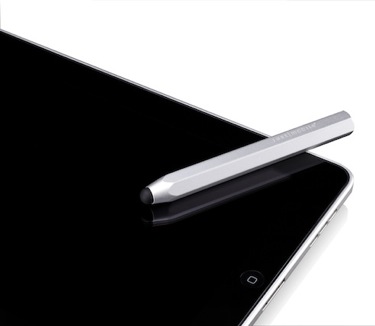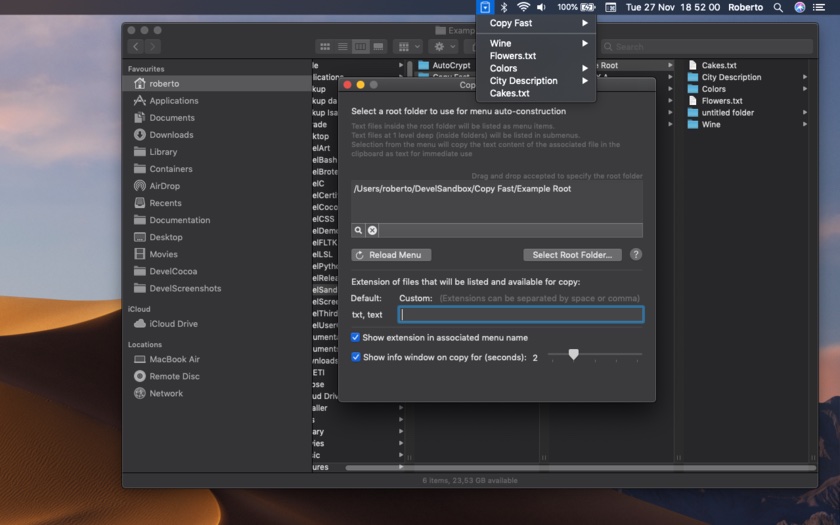“Consumer Reports” says the AT&T/T-Mobile merger has five issues that should concern consumers. AT&T, one of the biggest national wireless carriers, is proposing to buy T-Mobile, one of the smallest. It’s a $US39 billion deal that, if approved by regulators, will see AT&T’s 95 million and T-Mobile’s 33 million subscribers served by a united company, probably beginning sometime next year.
What’s at stake for consumers? In an online blog (http://macte.ch/8EpHI) “Consumer Reports” had this to say:
“t’s early days, obviously, but our advocacy colleagues at Consumers Union (the non-profit publisher of Consumer Reports) have already voiced concern, saying: “From a consumer’s perspective, it’s difficult to come up with any justification or benefits from letting AT&T swallow up one of its few major competitors.”
“Here are five questions that could shape how good or bad a merger might be for wireless customers.
“Overall, will service be more like T-Mobile’s or AT&T’s? Best guess: AT&T’s. Neither carrier is among the very best in satisfaction in our latest Ratings of cell-phone carriers, based on a survey of readers’ experiences and available to subscribers. But those survey results found AT&T to be the clear worst wireless carrier in the country, with below average scores in almost every attribute. Arguably, AT&T service has nowhere to go but up after a merger, and T-Mobile service might get pulled down.
“Will T-Mobile customer see rate hikes? The consensus: Probably yes, also due to the nowhere-to-go-but-up principle. T-Mobile charges less than many major competitors on a number of plan types, as our recent rundown of best plans for certain needs makes clear. It’s possible, even likely, that after a merger these lower rates will continue only until T-Mobile’s contractual obligations are up, and then they”ll rise to the levels of AT&T and other major carriers. The fact that one fewer major wireless carrier will be in the national market helps increase the likelihood of rate hikes.
“Can Sprint survive? Probably not, say some analysts, at least in its present form and size. The proposed merger would leave Sprint a distant third in what would then be a Big Three wireless market, and some analysts predict that it, too, would need to seek a partner.
“In some ways, that might be unfortunate, given that Sprint was something of a comeback kid in our latest carrier Ratings. After years of being among the worst carriers and perpetually pledging renewed effort to tackle such problem areas as customer service, Sprint actually pulled off a turnaround this year, vaulting past T-Mobile and AT&T in overall satisfaction.
“Will network coverage improve? Perhaps, say some analysts, on the basis that combining two carriers’ networks could expand coverage areas. And, playing to the Federal Communication Commission’s desire for universal broadband access, AT&T itself has said the combined network will help more rural residents receive broadband wirelessly, since the company says that T-Mobile does not have a “clear path” to delivering such an expansion via high-speed, fourth-generation Long Term Evolution (LTE) technology.
“Arguing in favor of optimism for improved coverage is the fact that the AT&T and T-Mobile networks both use GSM (for Global System for Mobile communication) technology. That promises to avoid a repeat of some of the problems that occurred in the wake of AT&T’s merger with Cingular, which used CDMA (for Code Division Multiple Access) technology, meaning many Cingular customers had to switch phones and endure a number of transitional hassles, according to our surveys.
“However, the two carriers’ data networks — important for smart-phone users — are literally on different wavelengths, which might pose compatibility problems. T-Mobile’s 3G and 4G phones use the 1.7/2.1-GHz bands, while AT&T’s 3G/4G phones operate in the 850/1900-MHz bands.
Will the deal be approved by regulators? If there’s any consensus yet, it’s that the decision won’t come quickly and, if it’s an approval, it will likely come with conditions.
“For one, the FCC, among the key regulatory bodies that will assess the deal, has already expressed concern about the state of the wireless market, opting last year to declare it not competitive. There’s also the recent example of the merger of cable giant Comcast and broadcaster NBC Universal. The deal received close scrutiny from regulators and, when it was approved, it was with what Consumers Union called ‘real strings’ that ‘could help to limit anti-consumer, anti-competitive behavior’.”





